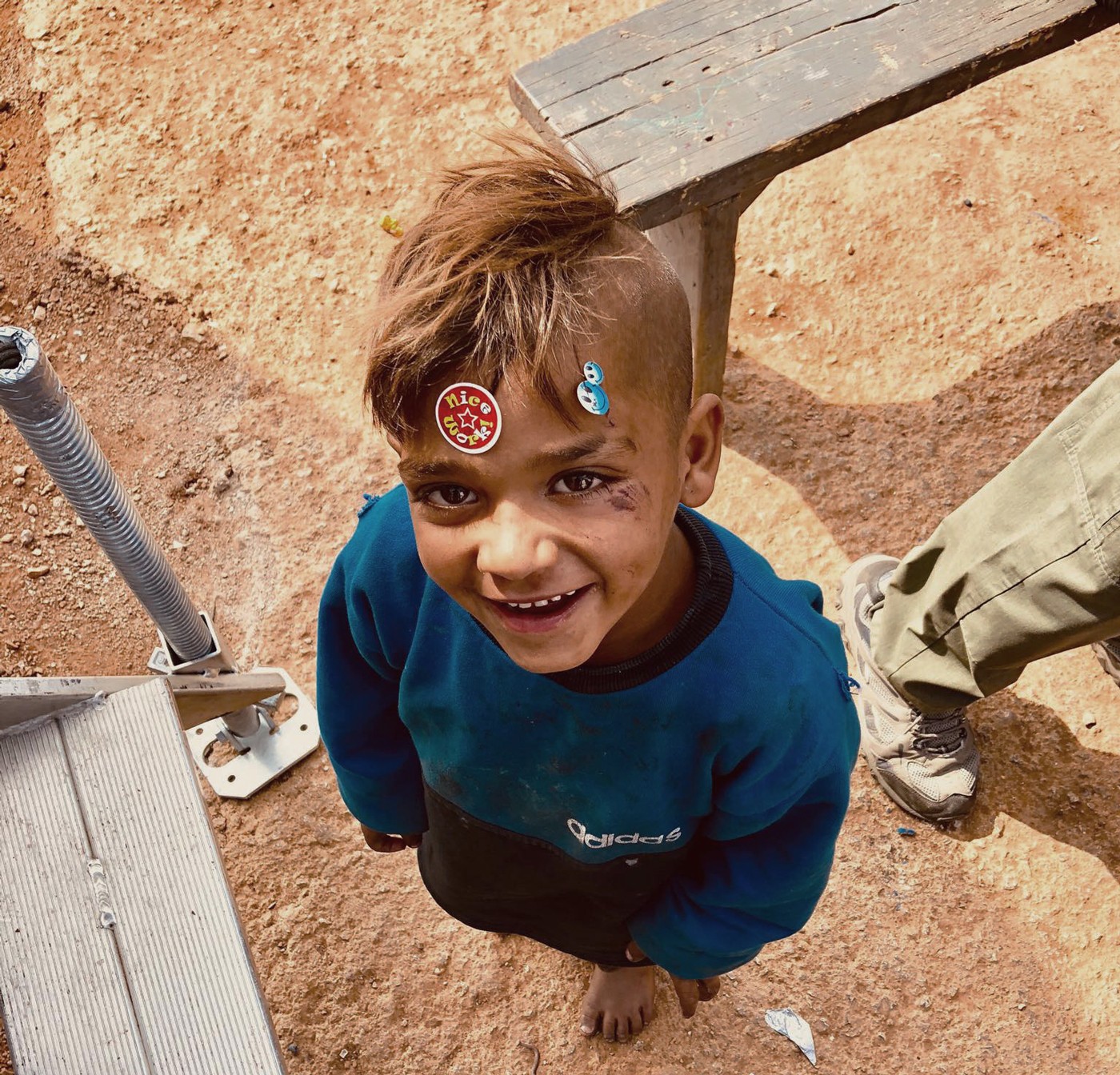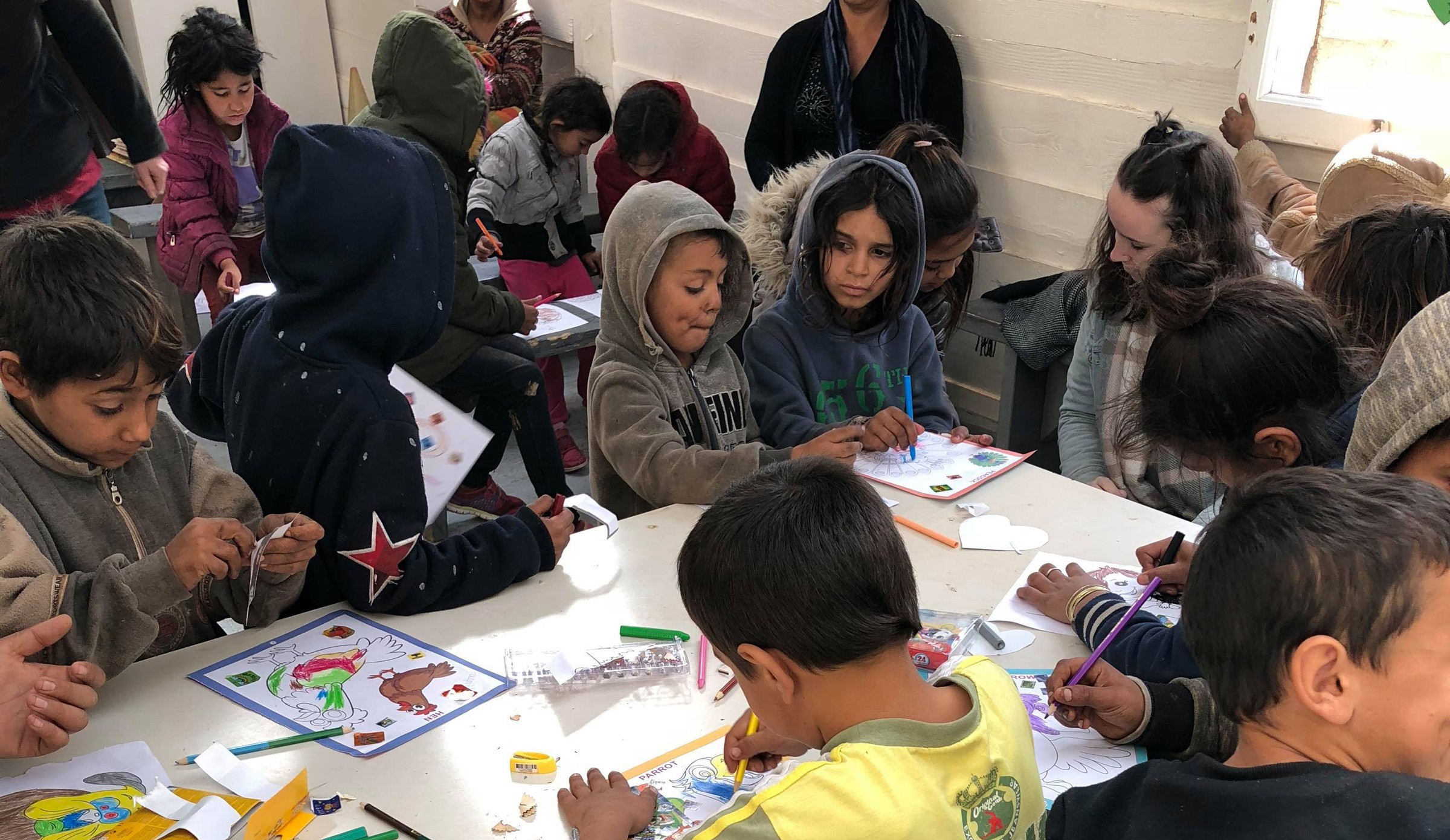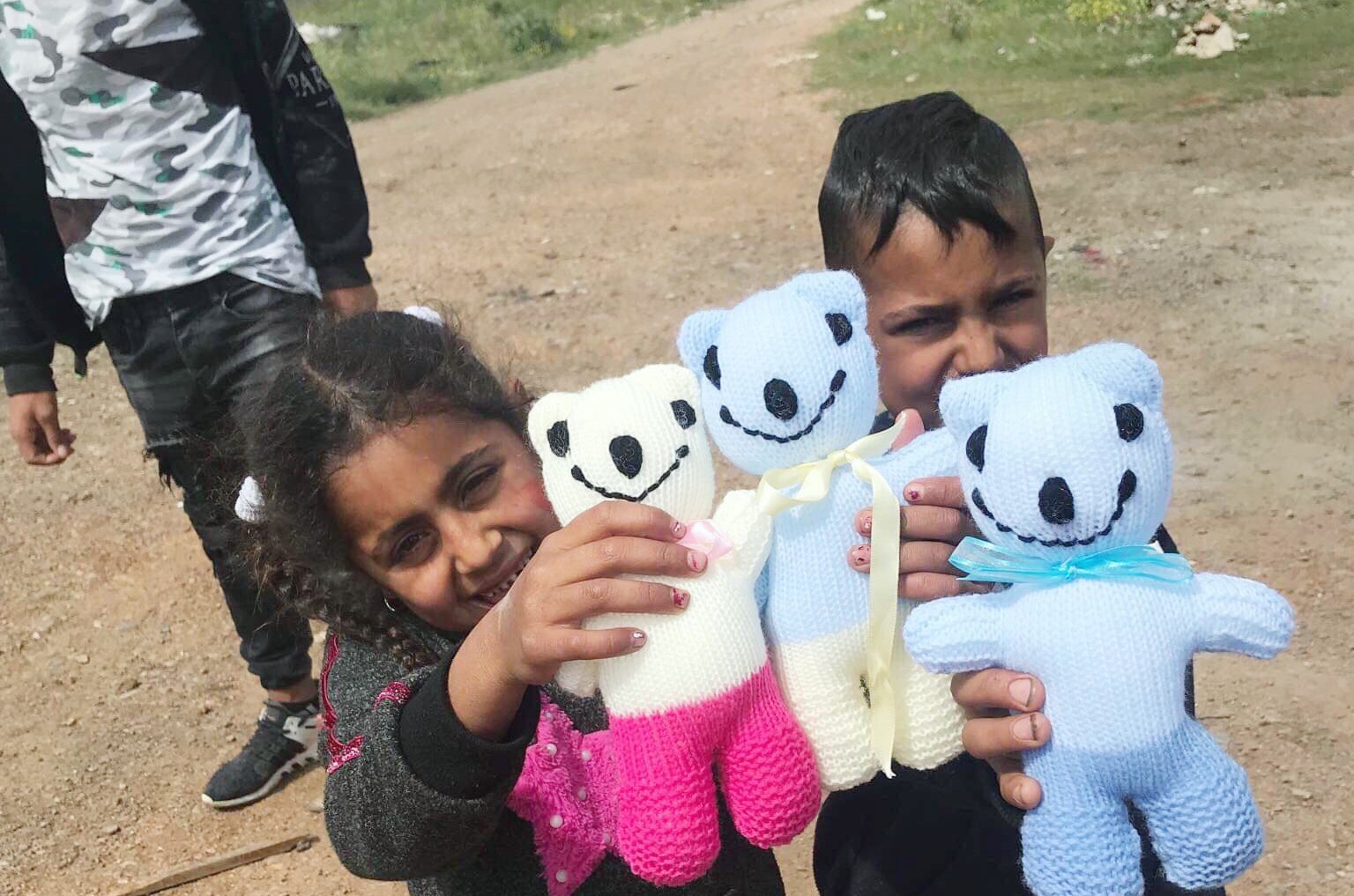CRY started supporting our project in Athens in 2015, as the refugee crisis hit our news. We worked with our partner to fund an emergency response to the emerging crisis. But while the crisis is no longer in our papers each day, the reality is that, years later, the crisis continues.
Athens is home to a number of communities who face marginalisation and stigmatisation. Refugees have fled violence and harm, and find themselves in unfamiliar lands, unable to access healthcare, housing, sanitation and employment.
Despite the years that there has been a crisis, many refugee children live in informal camps or derelict buildings, where they are not able to complete primary education, and cannot even register with the local authorities on account of not having any utility bills (as they are not connected to the Power Grid).
Refugee and Roma children are left marginalised, excluded and without opportunity. CRY are proud to support a centre in Athens that meets the immediate needs of these two vulnerable communities.
The Distribution Centre has a clothes, food, and medical supplies store that can be distributed to the refugees. It provides education for refugee children, spaces for prayer, ministry and emotional support to the children and families that have been displaced.
The centre also provides support for families, running kids clubs to provide a safe place for children to play while their parents register for camps, look for employment, or simply have time to address the emotional strain of their situation.
CRY is also proud to support the Outreach Support project, that goes into the places where these vulnerable people are living, be it in local derelict buildings, or in one of the Roma camps on the outskirts of Athens to provide food, clothing and hygiene items, run medical and dental clinics, and provide support and friendship to the families in the camp.
The care that is provided by this outreach work is helping protect children from malnutrition, and provide vital community integration and support. The workers have also been able to advocate on behalf of the camp to the local government to work for improved facilities and support.



